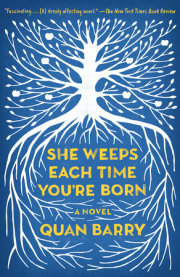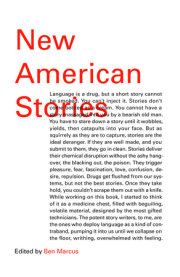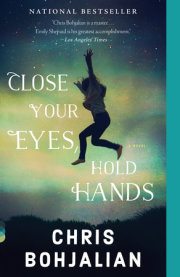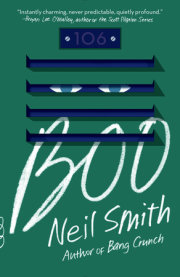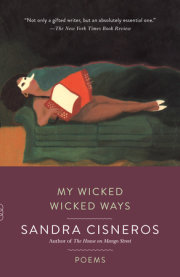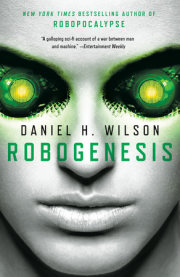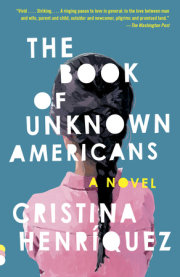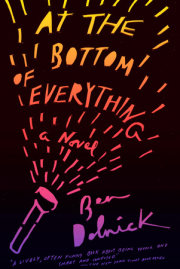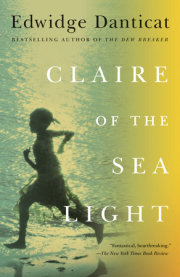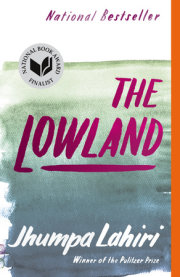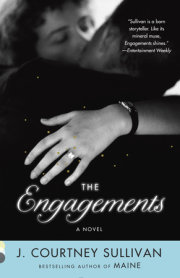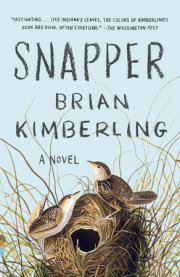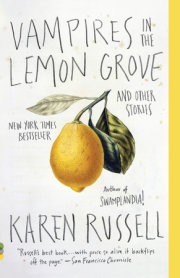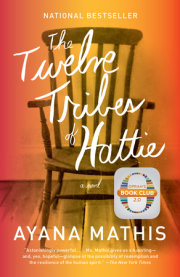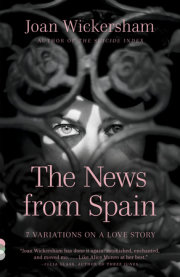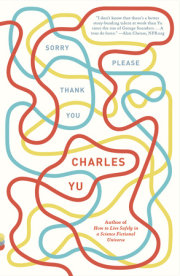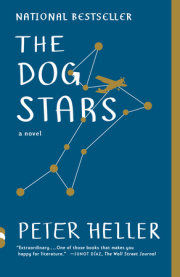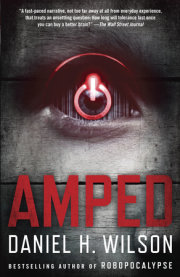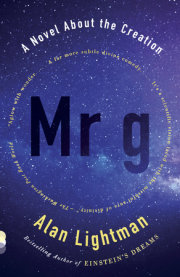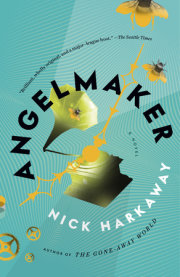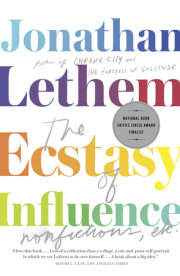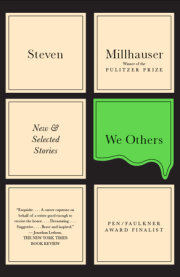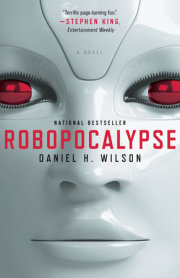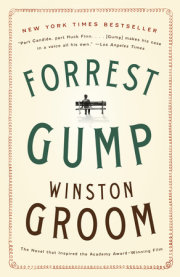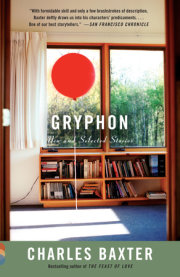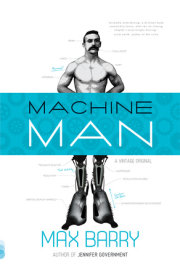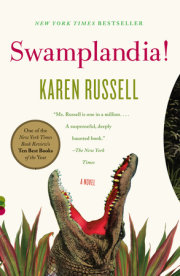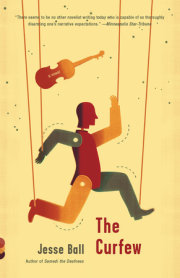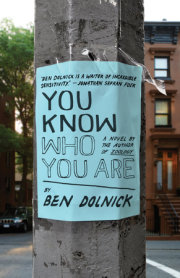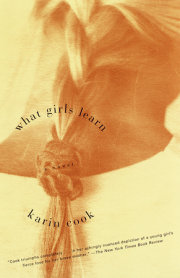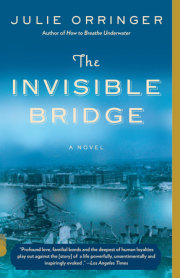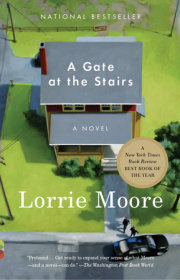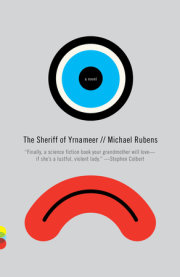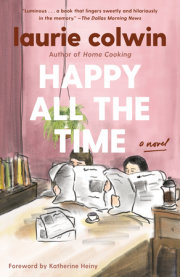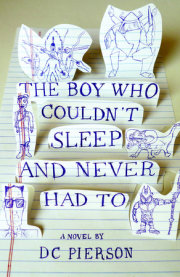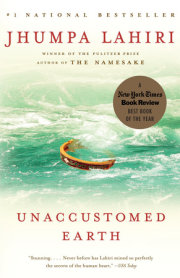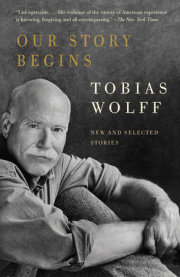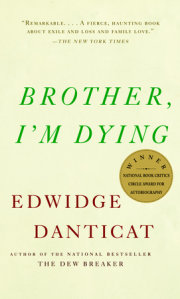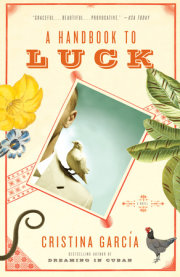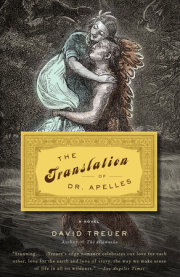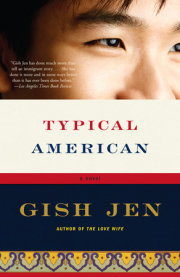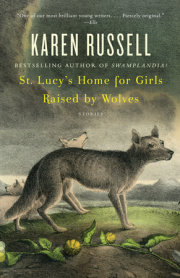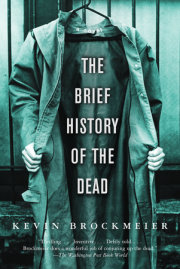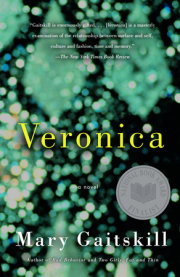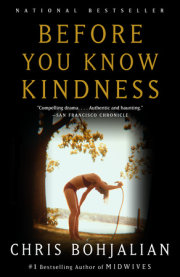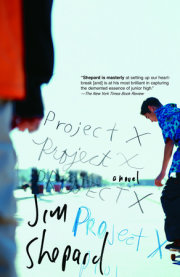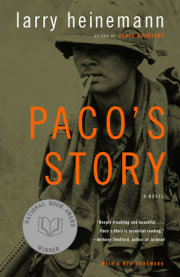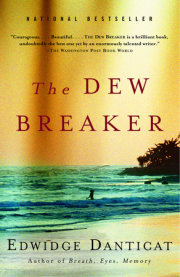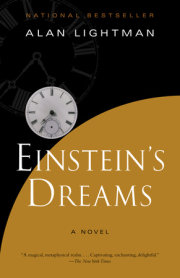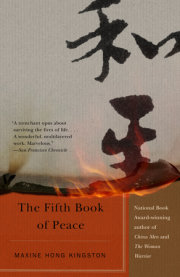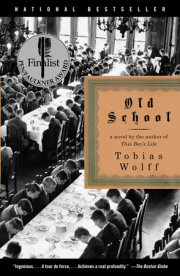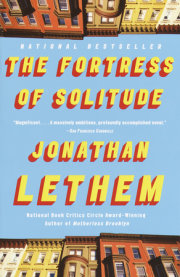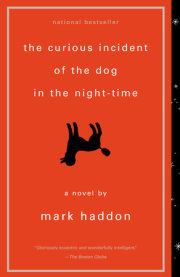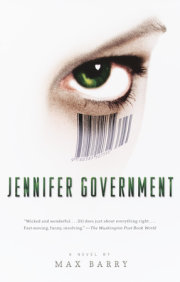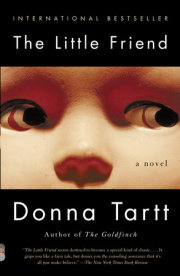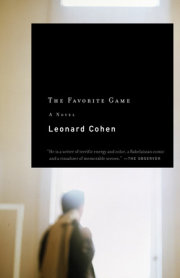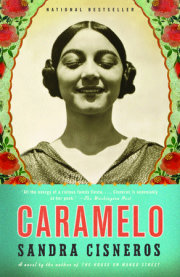Chapter 1
April 2010
The funeral was over. The reception was starting to fizzle out. Benjamin decided it was time to go.
“Dad?” he said. “I think I’m going to make a move.”
“Good,” said Colin. “I’ll come with you.”
They headed for the door and managed to escape without saying any goodbyes. The village street was deserted, silent in the late sunshine.
“We shouldn’t really just leave like this,” said Benjamin, glancing back towards the pub doubtfully.
“Why not? I’ve spoken to everyone I want to. Come on, take me to the car.”
Benjamin allowed his father to hold him by the arm in a faltering grip. He was steadier on his feet that way. With indescribable slowness, they began to shuffle along the street towards the pub car park.
“I don’t want to go home,” said Colin. “I can’t face it, without her. Take me to your place.”
“Sure,” said Benjamin, even as his heart plummeted. The vision he had been promising himself—solitude, meditation, a cold glass of cider at the old wrought-iron table, the murmur of the river as it rippled by on its timeless course—disappeared, spiralled away into the afternoon sky. Never mind. His duty today was to his father. “Would you like to stay the night?”
“Yes, I would,” said Colin, but he didn’t say thank you. He rarely did, these days.
*
The traffic was heavy, and the drive to Benjamin’s house took almost an hour and a half. They drove through the heart of Middle England, more or less following the course of the River Severn, through the towns of Bridgnorth, Alveley, Quatt, Much Wenlock and Cressage, a placid, unmemorable journey where the only punctuation marks were petrol stations, pubs and garden centres, while brown heritage signs dangled the more distant temptations of wildlife centres, National Trust houses and arboretums in front of the bored traveller. The entrance to each village was marked not only by the sign announcing its name, but by a flashing reminder of the speed at which Benjamin was driving, and a warning notice telling him to slow down.
“They’re a nightmare, aren’t they, these speed traps?” Colin said. “The buggers are out to get money from you every step of the way.”
“Prevents accidents, I suppose,” said Benjamin.
His father grunted sceptically.
Benjamin turned on the radio, tuned as usual to Radio Three. He was in luck: the slow movement of Fauré’s Piano Trio. The melancholy, unassuming contours of the melody not only seemed a fitting accompaniment to the memories of his mother that were filling his mind today (and, presumably, Colin’s), but also seemed to mirror, in sound, the gentle curves of the road, and even the muted greens of the landscape through which it carried them. The fact that the
music was recognizably French made no difference: there was a
commonality here, a shared spirit. Benjamin felt utterly at home in this music.
“Turn that racket off, can’t you?” Colin said. “Can’t we listen to the news?”
Benjamin let the last thirty or forty seconds of the movement play out, then switched to Radio Four. It was the PM programme and immediately they were plunged into a familiar world of gladiatorial combat between interviewer and politician. In one week’s time there would be a general election. Colin would vote Conservative, as he had done in every British election since 1950, and Benjamin, as usual, was undecided, except in the sense that he had decided not to vote. Nothing they were likely to hear on the radio in the next seven days would make any difference. Today’s big story seemed to be that the prime minister, Gordon Brown, fighting for re‑election, had been caught on microphone describing a potential supporter as “a sort of bigoted woman,” and the media were making the most of it.
“The prime minister has shown his true colours,” a Conservative MP was saying, gleefully. “Anyone who expresses these legitimate concerns is simply a bigot, in his view. And that’s why we can never have a serious debate about immigration in this country.”
“But isn’t it true that Mr. Cameron, your own leader, is every bit as reluctant—”
Benjamin turned the radio off without explanation. For a while they drove in silence.
“She couldn’t stand politicians,” Colin said, bringing some subterranean train of thought to the surface, and not needing to specify who he meant by “she.” He spoke in a low voice, thick with regret and repressed emotion. “Thought they were all as bad as each other. All on the fiddle, every one of them. Fiddling their expenses, not declaring their interests, holding down half a dozen jobs on the side . . .”
Benjamin nodded, while remembering that in fact it was Colin himself, not his late wife, who was obsessed with the venality of politicians. It was one of the few subjects on which this habitually taciturn man could become talkative, and perhaps it would be better to let this happen now, to stop him from being distressed by more painful thoughts. But Benjamin rebelled against the idea. Today they had bid farewell to his mother, and he wasn’t going to let the sanctity of that occasion be tarnished by one of his father’s rants.
“What I always liked about Mum, though,” he said, by way of diversion, “was that she never sounded bitter about stuff like that. You know, if she disapproved of something, it didn’t make her angry, it just made her sort of . . . sad.”
“Yes, she was a gentle soul,” Colin agreed. “One of the best.” He said no more than that, but after a few seconds took a grimy-looking handkerchief out of his trouser pocket and wiped both eyes with it, slowly and carefully.
“It’s going to be weird for you,” said Benjamin, “being by yourself. But I know you’ll manage. I’m sure of it.”
Colin stared into space. “Fifty-five years, we were together . . .”
“I know, Dad. It’s going to be tough. But Lois will be close by, a lot of the time. And I’m not far away either. Not really.”
They drove on.
*
Benjamin lived in a converted mill house on the banks of the River Severn, on the outskirts of a village just north-east of Shrewsbury. The house was approached down a single-track road, overhung with trees, its hedgerows densely overgrown on either side. He had moved to this absurdly remote and secluded spot at the beginning of the year, the sale of his two-bedroom flat in Belsize Park having funded the purchase, with enough capital left over to support his modest lifestyle for a few years to come. The house was far too big for a single man, but then he had not been single when he had bought it. There were four bedrooms, two sitting rooms, a dining room, a large open-plan kitchen complete with Aga and a study with generous leaded windows overlooking the river. So far Benjamin had been extremely happy there, dispelling his friends’ and family’s early suspicions that he had made a terrible mistake.
The house was full of treacherous corners and steep, narrow flights of stairs. It was entirely unsuitable as a place to bring his eighty-two-year-old father. None the less, with some difficulty Benjamin managed to get him out of the car, up the stairs into the sitting room, up the next flight of stairs—shorter, but with a tricky right-angled turn—into the kitchen, through the back door, and then down the flight of metal steps on to the terrace. He found him a cushion, poured him a can of lager and was about to settle down with him for some stilted waterside conversation when he heard a car pull up outside the front door.
“Who the hell’s that?”
Colin, who had not heard anything, merely looked at him in bewilderment.
Benjamin sprang up and hurried back into the sitting room. He opened the window and looked down at the forecourt to see Lois and her daughter Sophie standing at his front door, on the point of knocking.
“What are you doing here?” he asked.
“I’ve been trying to call you for an hour,” said his sister. “What did you turn your bloody phone off for?”
“I turned it off because I didn’t want it to start ringing in the middle of a funeral,” said Benjamin.
“We were worried sick about you.”
“You needn’t have been. I’m fine.”
“Why did you run off like that?”
“I wanted to get away.”
“Where’s Dad?”
“He’s here with me.”
“You could have told us.”
“I didn’t think.”
“Didn’t you say goodbye to anyone?”
“No.”
“Not even Doug?”
“No.”
“He’d come all the way from London.”
“I’ll send him a text.”
Lois sighed. Her brother infuriated her sometimes.
“Well, are you going to let us in and give us a cup of tea at least?”
“OK.”
He led them through the house, and they joined Colin on the terrace while Benjamin stayed in the kitchen to make a pot of tea and pour some white wine for Sophie. He carried the drinks out on a tray, taking the steps carefully, blinking as the evening sunlight hit him.
“It’s lovely out here, Ben,” Lois said.
“Must be great for your writing,” said Sophie. “I could sit out here and listen to the river and work for hours.”
“I’ve told you,” said Benjamin, “you can come here any time you want. You’d get that thesis finished in no time.”
Sophie smiled. “It’s done. I finished it last week.”
“Wow. Congratulations.”
“She never understood what you saw in this place,” said Colin. “Neither can I. Middle of nowhere.”
Benjamin absorbed this comment and couldn’t see that it merited a reply, even if he’d been able to think of one.
“Ah well,” he said, and sat down, at last, with a weary little sigh of satisfaction. He was just about to take his first sip of tea when he heard another car pull up outside the front of the house.
“What the hell . . .?”
Once again from the sitting-room window he looked down on to the forecourt, and this time saw that the car belonged to Doug, who was bent over with his bottom sticking out of the door, retrieving a laptop case from the back seat. Then he straightened up and Benjamin found that from this angle he was allowed a view of something he’d never noticed before: Doug’s bald patch. He was developing a pronounced bald patch. Briefly this gave Benjamin a twinge of mean, rivalrous satisfaction. Then Doug saw him and shouted:
“Why’s your mobile turned off ?”
Without answering, Benjamin came downstairs to open the front door.
“Hello,” he said. “Lois and Sophie have just arrived.”
“Why did you leave without saying goodbye?”
“It’s like the beginning of The Hobbit. An unexpected party.”
Doug pushed him gently to one side. “All right, Bilbo,” he said. “Are you going to let me in?”
He ran up the stairs, leaving Benjamin standing in surprise, and headed straight for the kitchen. Doug had only been to the house once before but seemed to remember his way around. By the time Benjamin caught up with him, he had already taken his laptop out of its case, installed himself at the kitchen table and was tapping at the keyboard.
“What’s your Wi-Fi password?” he asked.
“I don’t know. I’ll have to look at the router.”
“Hurry up, then, will you?” As Benjamin disappeared into the sitting room on this errand, Doug called after him: “Nice speech today, by the way.”
“Thank you.”
“Well, not speech—eulogy—whatever you call it. Brought tears to a lot of people’s eyes, that did.”
“Well, I suppose that was the idea.”
“Even Paul seemed moved by it.”
In the act of scribbling down the password, Benjamin froze at the mention of his brother’s name. After a moment he walked slowly back into the kitchen and placed the scrap of paper next to Doug’s computer.
“He had some nerve, showing up today.”
“His mother’s funeral, Ben. He’s got a right to turn up for that.”
Benjamin said nothing, just picked up a dishcloth and began wiping some mugs.
“Did you speak to him?” Doug asked.
“I haven’t spoken to him for six years. Why would I speak to him now?”
“He’s gone now, anyway. Back to Tokyo. Flight was leaving Heathrow at—”
Benjamin wheeled around. His face had gone pink. “Doug, I don’t give a shit. I don’t want to hear about him, all right?”
“Fine. No problem.” Doug resumed his tapping, chastened.
“Thanks for coming up today, by the way,” Benjamin said, in an effort at conciliation. “I really appreciate it. Dad was very touched.”
“You chose a lousy day for it,” Doug grumbled, not looking up from the screen. “Four weeks I’ve been following Gordon around on the campaign trail. What’s happened in that time? Fuck-all. Today all hell breaks loose and I’m not even there. Stuck in some crematorium in Redditch . . .” His fingers clacking away, he seemed oblivious to the brusqueness of these words. “Now I’ve got to give them a thousand words by seven o’clock and all I know is what I heard on the car radio.”
Benjamin hovered at his shoulder ineffectually for a moment or two, then said: “Well, look, I’ll leave you to it.” There was no reply, so he drifted away, and was half out of the kitchen door on his way to the terrace when Doug said, without looking up: “All right if I stay the night?”
Taken aback by the question, Benjamin hesitated for a moment, then nodded.
“Sure.”
*
None of the guests sitting out on the terrace that evening would ever know it, because he would never share the truth with any of them, but Benjamin had bought this house in order to fulfil a fantasy. Many years earlier, in the month of May, 1979—when Britain was on the brink, as it was now, of a momentous general election—he had sat in a pub called The Grapevine, in Birmingham’s Paradise Place, and he had fantasized about the future. He had imagined that the girl he was in love with, Cicely Boyd, would still be his lover decades later, and once they were married, and approaching sixty, and their children had left home, they would be living together in a converted watermill in Shropshire, where Benjamin would write music and Cicely would write poetry and in the evening they would hold splendid dinner parties for all their friends. We shall give the kind of dinners that people never forget, he had told himself. People will spend evenings at our house that will become treasured memories. Of course, it had not happened quite that way. He had not seen Cicely for years after that day. But eventually they did find each other again, and they lived together in London for a few years which were . . . well, miserable, if truth were told, because Cicely had been so ill, and such a pain to live with, and then, in a last-ditch attempt to live out that fantasy, a perverse effort to recapture the past by realizing his past’s vision of the future, Benjamin had suggested selling their flat, and using some of the money to buy this house, and using some of the rest of the money to send Cicely to Western Australia for six months, where a doctor was rumoured to have developed an expensive but miraculous cure for MS. And three months later, when the house was bought and he was starting to furnish and decorate it, Cicely had sent him an email from Australia with good news and bad news: the good news being that her condition had, indeed, improved almost beyond measure, and the bad news being that she had fallen in love with the doctor and wouldn’t be coming back to England after all. And Benjamin, very much to his own surprise, had poured himself a large tumbler of whisky, drunk it, laughed like a suicidal lunatic for about twenty minutes and then carried on painting the dado rail, and he had not really thought about Cicely since. And that was how he now came to be living in an enormous converted watermill in Shropshire all by himself, at the age of fifty, and finding to his quiet amazement that he had never been happier.
Copyright © 2019 by Jonathan Coe. All rights reserved. No part of this excerpt may be reproduced or reprinted without permission in writing from the publisher.




































